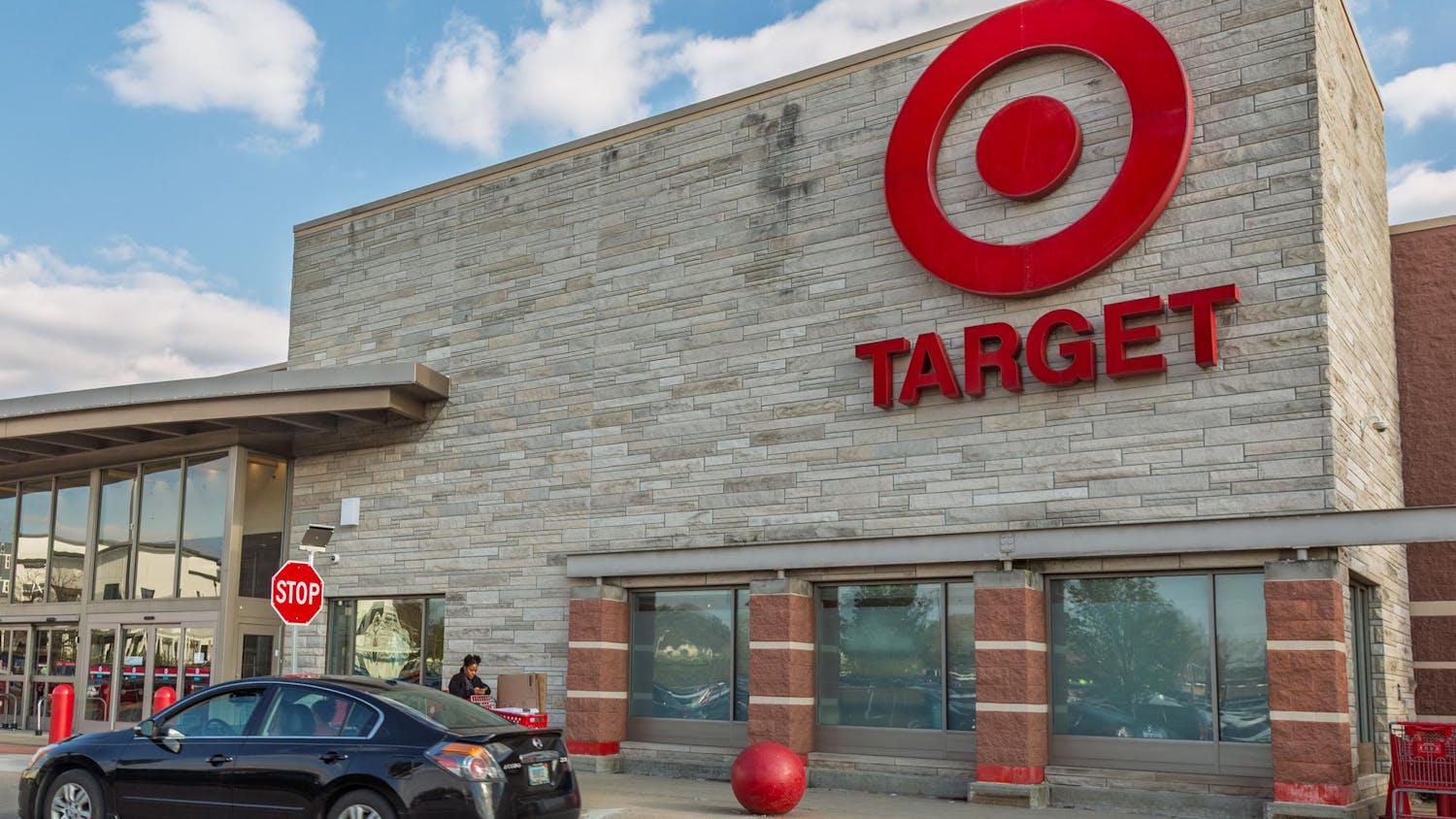BAGHDAD, Iraq -- Roadside bombs killed at least three people in Iraq on Sunday, the three-year anniversary of Baghdad's fall to U.S. forces, as security forces bolstered security in the capital to prevent attacks on "Freedom Day."\nThe holiday commemorates U.S. Marines tearing down the statue of Saddam Hussein as Iraqis cheered in Firdous Square on April 9, 2003, marking the collapse of Saddam's regime.\nAmerican troops killed eight suspected insurgents in a pre-dawn raid north of Baghdad. Drivers in the capital were stopped and searched by Iraqi forces at extra checkpoints in the city.\nA militant group threatened in a video posted on the Internet to kill two German hostages unless U.S.-held Iraqi prisoners are freed.\nThe insurgency, militias, rising sectarian violence, electricity shortages and political vacuum have sapped much of the enthusiasm generated by the collapse of Saddam's dictatorship.\n"Iraqis are pleased and displeased," said Qassim Hassan, a soldier. "They are pleased because they got rid of tyranny and dictatorship, but they are displeased because they went from bad to worse. The Iraqi street is seething between sadness and terrorism."\nThe "Freedom Day" holiday appeared to draw little public attention. The Iraqi Islamic Party, a the biggest Sunni party, issued a statement rejecting the day, saying it was "an anniversary of occupying Iraq, not liberating it."\nEven U.S. officials acknowledged the mixed nature of the Iraq war's current stage.\n"Despite much progress, much work remains," U.S. Ambassador Zalmay Khalilzad and Gen. George W. Casey Jr. said in a joint statement. "The legitimate security forces must quell sectarian violence. Population centers must be secure to allow Iraq's new institutions to take root and businesses to flourish. Finally, the people must be able to trust their leadership."\nEfforts to form a new government have reached a deadlock over the nomination of Prime Minister Ibrahim al-Jaafari for a new term. Shiite politicians met Sunday to discuss the impasse, but made no decision to replace al-Jaafari as their nominee, \nofficials said.\nSunni and Kurdish leaders blame al-Jaafari for failing to curb rising sectarian violence.\nUntil a new government is in place, the violence is not expected to decrease and the U.S. government is unlikely to begin withdrawing troops.\nClashes erupted during a pre-dawn raid Sunday when U.S. forces surrounded a suspected safehouse and nearby tent on the northern outskirts of Baghdad. After taking fire, troops gunned down five suspected insurgents, and three others were killed in an airstrike.\nBombs and weapons were found inside the house, a U.S. statement said.\nRoadside bombs killed at least two civilians and a policeman Sunday. One targeting an Iraqi army patrol killed a passer-by in Mahmoudiya, about 20 miles south of the capital, and another bomb meant for police killed a civilian when it \nexploded in eastern Baghdad.\nOther bombings around Baghdad killed a policeman and wounded about a dozen others, police said. One of the attacks targeted police near a Sunni mosque in the western neighborhood of Ghazaliyah, wounding at least three people, police said. Another targeted a convoy of American military police, but there were no casualties, the U.S. military said.\nPolice discovered four handcuffed bodies, with at least one shot in the head, in the Dora \ndistrict of southern Baghdad.\nFour men snuck into a wedding celebration in north Baghdad and opened fire Sunday, killing one of the guests, police said.\nThe incident in the garden of a home in Azamiyah, a mostly Sunni Muslim neighborhood, killed a 30-year-old Shiite man, police Lt. Nihad Ibrahim said.\nThe motive was unclear, he said.\nAn Iraqi militant group threatened to kill two German engineers held hostage since January unless prisoners held by U.S. forces are freed. The two Germans were shown pleading for help Sunday in a video \nposted on the Internet.\nThe Germans were shown in front of a black banner emblazoned with the name of the militant group, the Brigade of Supporters of the Sunna and Tawhid. One of them, Thomas Nitzschke, spoke for about 10 seconds.\n"We've been held here as prisoners for more than 60 days now. We're at the end of our nerves. Please help us. We can't take it any more. Please help us," he said in German.\nIn Baqouba, 35 miles northeast of Baghdad, a man allegedly making a bomb was killed when it exploded, police said. Police arrested six others in the house after hearing the explosion, police Maj. Karim al-Tamimi said.\nIn Najaf, officials raised the death toll from last week's car bombing of the Imam Ali mosque to 13. Three Iraqis wounded in the bombing died Saturday, said Dr. Issa Mohammed, director of the morgue at Najaf General Hospital.\nAssociated Press correspondents Sameer N. Yacoub, Qassim Abdul-Zahra, Mariam Fam and Bushra Juhi contributed to this report.
Roadside bombs, violence marks 'Freedom Day' in Iraq
Security high on anniversary of Baghdad's fall
Get stories like this in your inbox
Subscribe



